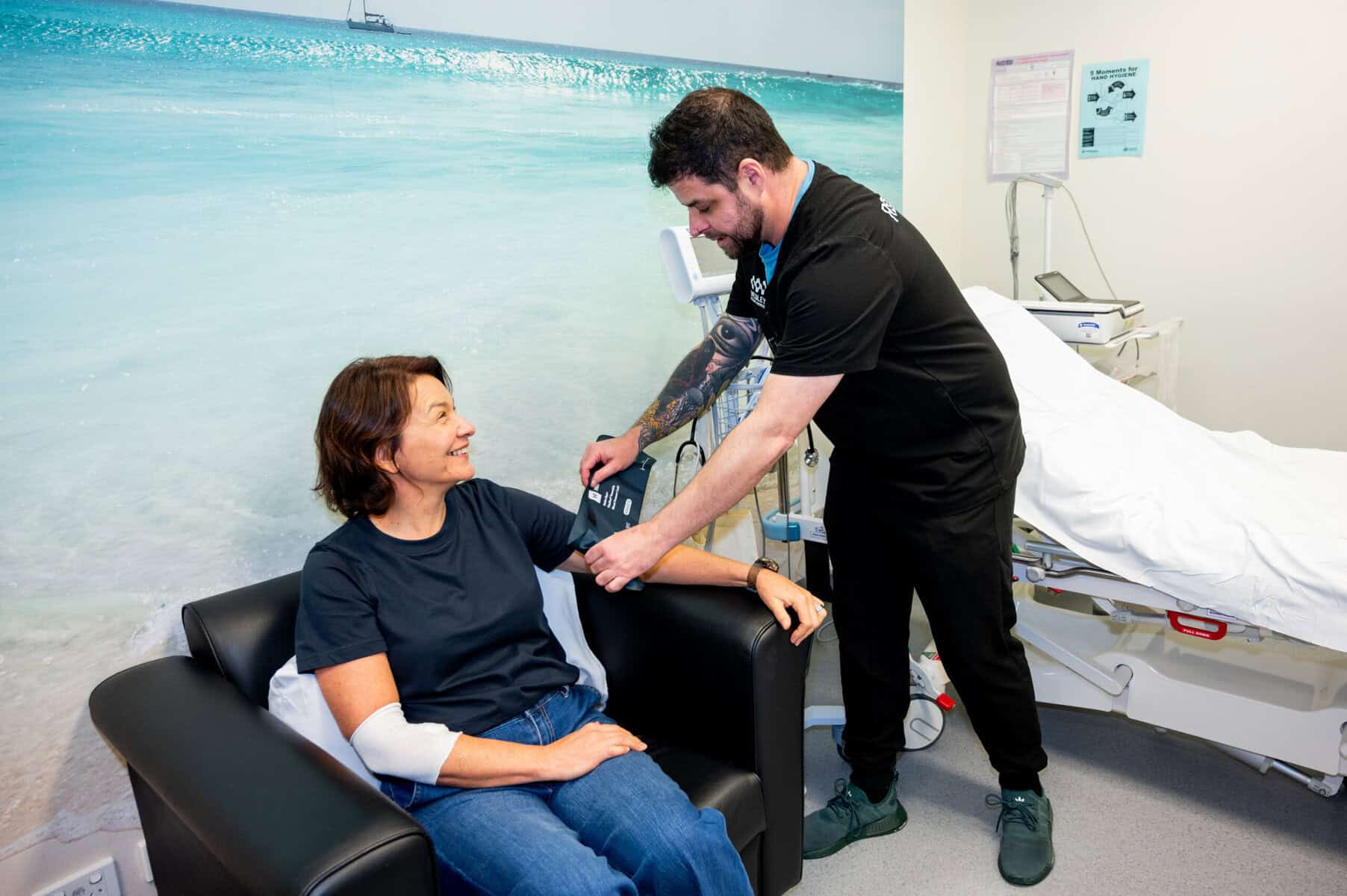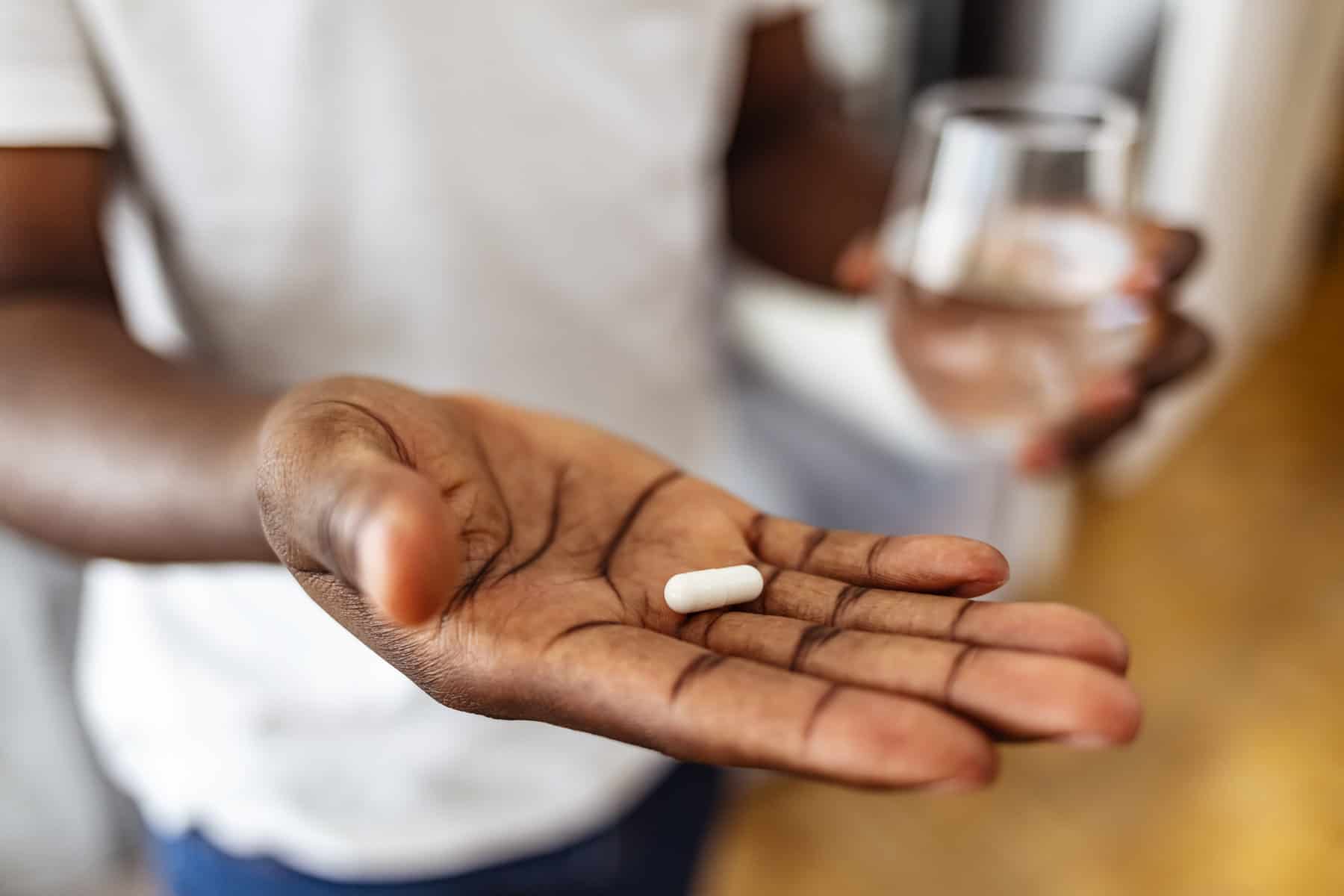Research Theme
Coeliac Disease and Immune Health
Wesley Research Institute is developing a world leading multi-disciplinary research program for Coeliac Disease and Immune Health.
About this research theme
An estimated 1 in 70 Australians have coeliac disease, an autoimmune condition triggered by gluten proteins found in wheat, rye and barley, which causes the immune system to attack the small intestine. However, it is estimated that more than 80 per cent of all Australian coeliac sufferers remain undiagnosed.
Patients with coeliac disease can experience a wide range of symptoms. Signs include abdominal pain, bloating, diarrhea, constipation, fatigue and weight loss, although many are now diagnosed on the basis of other symptoms such as iron deficiency, short stature, tooth enamel defects and migraines.
If left untreated, coeliac disease is associated with a three-fold increase in the risk of autoimmune diseases and osteoporosis, as well as a decreased quality of life, and an increase in mortality. The disease can lead to increased risks of nutrient deficiencies, malignancy and unnecessary healthcare costs.
Led by Dr James Daveson, this research program is a multidisciplinary collaboration involving patients, medical practitioners, hospitals and researchers. The research aims to deepen our understanding of autoimmune disease onset and progression, develop new diagnostic tools and create more effective interventions to help manage this debilitating disease.
Coeliac Research Network

Coeliac Disease Webinar Series
“This series offers a unique opportunity to connect patients and clinicians with world-leading research and clinical insights,” says Dr James Daveson, Director of Coeliac Disease and Immune Health Research. “It’s an exciting step forward in delivering better care for coeliac patients across Australia.”

Coeliac Disease and Immune Health Research Objectives
Improve understanding
The Gluten Threshold Study is investigating whether there is an amount of gluten that coeliac patients can tolerate. The results will also help to influence food safety standards.
Creating communities
Through the new Coeliac Research Network, we hope to bring patients, clinicians and scientists together to really progress the multi-disciplinary research program.
Coeliac Disease and Immune Health Research Projects
Coeliac Disease and Immune Health Clinical Trials

Coeliac Disease Clinical Trials

MOZART

FB102

Chugai

Dr Falk

KAN101

Topas Therapeutics GmbH Study

Dental Enamel Defects Study

Gluten Threshold Study


